|
Images and videos - All rights reserved by Sony Pictures (TriStar Pictures). Jeridoo Universe reviews one of the top films coming out of the TIFF (Toronto International Film Festival) this last week of September 12, 2022: The Woman King. We give you a “CliffNotes®”-styled concise review, consolidating and condensing over 20 film critic articles, so you can see what makes this film special and worthy of watching. In this part 2, we give an overview of the cinematography, music, costuming, and cast. The Cinematography, Music & Design Polly Morgan, the cinematographer, immerses viewers in radiant sunsets, breathtaking landscapes, and battles showcasing the ingenuity of these women fighting much larger male opponents with a variety of warfare, strategic moves, and weapons to overcome them. The scenes take place from dawn to dusk, with detailed views of the beauty, culture, religion, and wealth of the kingdom, creating a phenomenal viewing experience. Babalwa Mtshiselwa (makeup and prosthetics), Gersha Phillips (costume design), and Louisa Anthony (hairstyling design) and their operation teams (including African artists) did a great job to put an authentic, beautiful and fresh styling to the film. One critic noted that careful attention was given to enhancing visually the nuances of the woman leader, Agojie, from fierce commanding warrior to in-command but vulnerable female leader, just by altering her hairstyles in scenes. Some critics hail Terence Blanchard’s thunder-rolling war score to be worthy of an Oscar® nomination. These elements combined together make a beautiful, spirited, vibrant world for us to explore as viewers. The Cast The cast ensembled represents all classes of Dahomey society, from working-class to middle-class to upper-class to royalty, hence able to form some resonance to different stations in life today, as well, among viewers. The humanity displayed defies stereotypes and shallowness. The actors play with raw emotion, virtuoso physical movement, and full expression. The character of each speaking actor adds an aspect to the storytelling. Oscar ® winner American actress and producer, Viola Davis plays the rawly intense, but empathetic, self-conflicted General Nanisca, the bold warrior leading the Agojie, an all-female military unit. In an interview, she called this film her “magnum opus”, pushing herself to her emotional and physical limits with a nuanced use of her voice, face, and body. She got her Oscar® for Best Supporting Actress with Denzel Washington in the 2016 film, Fences. The actress is more recently known for her character Amanda Waller in the DC Extended Universe (Black Adam, The Suicide Squad, Peacemaker). Some of her other films include Ma Rainey’s Black Bottom (with the late Chadwick Boseman of Black Panther fame), Get On Up, and Lila & Eve. In her first feature film debut, South African-born actress Thuso Mbedu plays headstrong Nawi, the rising Agojie warrior with a secret connection to Nanisca. Her prior work was in series, including The Underground Railroad, Saints & Sinners, and Generations: The Legacy. The actress presents the character with charisma and physically creates an enjoyable, unique fighting style. A British actress of Jamaican descent, Lashana Lynch plays Izogie, the feisty, daring veteran warrior and second-in-command to General Nanisca. She is known more recently as Maria Rambeau in the Marvel Cinematic Universe (Captain Marvel, Doctor Strange in the Multiverse) as well as Matilda and the James Bond film, No Time to Die. Ugandan-British actress, Sheila Atim, plays Amenza, the strong but caring warrior, the interpreter of dreams, and the best friend to General Nanisca. The actress is known for films and series including Bruised (Halle Berry’s directorial debut), The Underground Railroad, Doctor Strange & The Multiverse of Madness, as well as Disney’s 2022 Pinocchio. She also has performed in a number of Shakespeare productions at the Shakespeare’s Globe and the Bush Theatre. A British actor and producer of Nigerian descent, John Boyega plays King Ghezo, the King of Dahomey. He is known for the sci-fi comedy film, Attack the Block and the Star Wars trilogy (The Force Awakens, The Last Jedi, and The Rise of Skywalker). American actress Jayme Lawson plays Shante, his opinionated trophy wife, who questions the radical influence Nanisca has on her husband. The actress is known for the films, Farewell Amor and the recently released film, The Batman. English actor Hero Fiennes Tiffen plays Santo Ferreira, a Brazilian aristocrat and white slave trader who tries to convince King Ghezo to profit from the slave trade by direct sales to him. The actor is known for his work on the portfolio of films based on the novel franchise, After, by author Anna Todd. A leading face in Nollywood, Nigerian actor Jimmy Odukoya plays the enemy Oyo Empire leader, Oba Ade. This is his Hollywood debut. He has been nominated for numerous acting awards and is known for his work in films, Mamba's Diamond, Team Six, The Bosslady and The Wait. English actor Jordan Bolger plays the upper-class Malik, whose mother was from Dahomey and father from Portugal. Raised outside of Africa, he comes to see the ancestral home and culture of his mother for the first time. Summary of The Film Critic Reviews Critics have used keywords describing this film as “athletic”, “bombastic”, “breathtaking”, “creative”, “emotional”, “enduring”, “enrapturing”, “exciting”, “fast”, “female-empowering”, “informative”, “inspiring”, “invigorating”, “love of life, freedom, Black people and culture”, “lush”, “monumental”, “muscular”, “powerful”, “nuanced”, “radical”, “rich”, “rousing”, “spectacle”, “spirited”, “spiritually buoyant”, “stand-out”, “stirring”, “thrilling”, “visually resplendent”, “well-choreographed”, and “well-crafted”. On the critical side, some have felt it was cluttered and uneven, bogged down by an extraneous romantic subplot between Nawi and a half-Dahomey/half-Portuguese slaver (Jordan Bolger) that seems accelerated and forced, others critiqued the “made-for-Disney” like PG-13 rating with tamer action sequences swords don’t connect and the wounds from being injured or killed look like bright red blots of ink rather than an injury from war. And then there is this controversy as noted before. African reviewers noted frustration that African viewers will not be able to identify and specific region where the accents can be located by using a Wakanda-style approach, which deprives it of some authenticity. Story Plot The Dahomey free a group of female captives and General Nanisca invites them to forsake marriage and motherhood to be trained in the warrior ways of the Agojie. They face an enemy in the Oyo Empire, who are deeply involved in the sale of captives to slave traders in exchange for arms. Nanisca has assembled a new group of women, including the young, headstrong Nawi, whom shares an important connection revealed during the course of the film. Together they fight neighboring tribes, the French and all who threaten to threaten their freedom and honor. But the King of Dahomey is seduced by a Brazilian slave trader that compromises the ideals of the Agojie and the General is faced with the dilemma of obedience to her King in supporting the slave trade.or paving a new path forward with determination and the women by her side. Conclusion In summary, this epic historically based film is primarily a story of the sisterhood, with bonds forged in the fires of celebration and ceremony, wounds and vulnerabilities, healing and strength. We were going to include a detailed plot and character analysis in this blog but have decided not to because we want each of you reading this to see your beautiful film and draw your own insights and conclusions. Comment below after you see the film. After its theatrical run, we will do a part 3 retrospective with a deep dive into the plot and character analysis. AuthorJames Kellogg is a contributing writer to the Jeridoo blog and is an actor, producer, writer and concept artist for independent films and television.
0 Comments
by: Guido Baechler
ATTENTION: Spoiler Alert Mad Heidi had its official premiere on September 30th at the Zürich Film Festival in the Kongresssaal Zürich sitting 1200 fans. Sitting in the crowd and watching the fans get excited during the film was an amazing experience. A Swiss Trash Film? Being called a trash movie is not a negative term. Well-done trash films like Sharknado are box-office hits. SPOILER ALERT: DO NOT CONTINUE....MAD HEIDI is an action-adventure exploitation spoof film based on Heidi, the popular children‘s book character, but this is the maddest Heidi ever, in a dystopian Switzerland where Hitler had won the second world war and the nation was under the fascist rule of an evil Swiss tyrant. The film begins with a lovely, steamy sex scene in a Swiss barn. Heidi (British actress and second-degree Taekwondo black belt, Alice Lucy) and Goat-Peter (Welsh-Zimbabwean actor, Kel Matsena, who satirically plays up to the “Woke” agenda). Heidi asks for a second round, just to be turned down by Goat-Peter who must “tend” to his goats. At that moment I was already thinking "tending to his goats????" and realized that this film doesn't fit a standard Hollywood "woke" plot and I would be in for a ride. Heidi's grandfather Alpöhi is played by David Shofield, known for Pirates of the Caribbean and Gladiator. He likes Goat-Peter, but he has a Han Solo-like: “I have a bad feeling about this" attitude, suspecting he is involved in some shady business. The new, deliciously evil Swiss President Meili (Casper van Dien, known from Starship Troopers, which is alluded to in a joke in the film) leads with a Swiss-Nazi-strong hand. Swiss Cheese, Swiss Chocolates, Schwingen (in this world, Gladiator-level Swiss wrestling), and even the Alphorn are prominent. But the CHEESE from Meili is at the center of this story. The evil President Meili is breeding the perfect, obedient Swiss-monster soldier, using women like the Swiss use livestock for milk production. People are getting water-boarded with Swiss Fondue and then killed with Swiss Toblerone Chocolates. All humans in this nation who are lactose-intolerant are treated with disdain and sent to concentration camps. The Nazi symbolism is all over this film, but instead of a Swastika, it is the Swiss Cross. If you cannot handle below-the-belt, dark satire and trash film humor, this film is not for you. Kommandant Knorr (Max Rüdlinger, a well-known Swiss actor) is the epiphany of "Nazi"-Evil. The last name "Knorr" refers, of course, to the food empire company "Knorr". He loves to torture prisoners for information and then kill them afterward. Besides loving to kill, he has some weird sexual relationship with the warden of the women’s prison and brings more sexually perverse meaning to the Swiss Cervelat, Switzerland's popular "national" cured sausage.
Disclaimer: Jeridoo Universe Group is not a producer of this film.
Images and videos - All rights reserved by Sony Pictures (TriStar Pictures). Jeridoo Universe reviews one of the top films coming out of the TIFF (Toronto International Film Festival) this last week of September 12, 2022: The Woman King. We give you a “CliffNotes®”-styled concise review, consolidating and condensing over 20 critic reviews, so you can see what makes this film special and worthy of watching.
The Woman King world premiered on September 9, 2022, at the Toronto International Film Festival (TIFF) with a cinema opening on September 16. With a box office opening of $18M in the first weekend, it is being critically acclaimed. While traditional “old-school” beats form the base of this historical action film, fresh elements of unique storytelling percolate to the top of this savory broth, making it a fresh, sweeping action epic. We take a journey into a lesser-known time in West African history between the 17th and 19th centuries, in the thriving, vibrant kingdom of Dahomey, in an area now known as Benin. Dahomey was one of the strongest nations in Africa. How It Is Groundbreaking A story of defiance and resiliency, this film invokes the Hollywood epics of an era of past times. It shines brilliantly in the pairing of dynamic action battles with strong emotional and intimate interaction between the characters. They are beautiful, complex and flawed, but bonded together. It is the second number one domestic (U.S.) box office movie ever directed by a Black woman, Gina Prince-Blythewood, with an almost entire Black female cast. Aside from African Americans, performers from South Africa and West Africa appeared in the film in cameos, as extras, or in speaking roles, representing a range of ethnicities and personalities. In one of her interviews, the director said she “wanted to build an ensemble that represented the incredible diversity of our diaspora.” How It Is Controversial Some criticize and even have called for boycotts of the film in that the director removed certain sordid historical elements and glorified the Agojie and the scriptwriter is white. Cathy Schulman, one of the film producers, disagrees with these critics and felt that they did deal with these controversial elements and felt the story actually pointed attention to the fact that slavery, driven by the pursuit of material wealth at the expense of humans, created all kinds of internal conflict among parties. She feels that this gives a different perception from the side of the African continent at the point of enslavement, not just after their arrival in the Americas. Synopsis Inspired by true events, hence part-history and part-fictional “alternative” history, this film sets itself in 1823 during the reign of King Ghezo and focuses on the story of the fierce, 6000+ all-female Agojie warriors, who protect the kingdom of Dahomey. In The Woman King, Dahomey is in a taut rivalry with the Oyo Empire, not only related to them feeling they are overpaying tribute to the Oyo in crops but also because the Oyo sell captives to slave dealers in exchange for European armaments. Dahomey is given an ultimatum by the Oyo after rescuing a band of captives whom they are preparing to be great warriors: hand over the captive women to be sold into slavery or go to war. This story is about general Nanisca and the rescued women who become Agojie warriors whom she trains to forsake marriage and motherhood. These women are the bravest of the continent but complex forces of materialism and evil by mostly men but some women, based on the gravitas of history, swirl around them. Themes of the Film This film traces the growth paths of these two women in tandem, the warrior formed by her horrific past and the young protégé forging her own new way forward, rejecting the path chosen by her elders, which would be to bend to her husband's desire. Throughout the film, what the two see differently as strengths and shortcomings are dissected. The film addresses the dilemma of one group's freedom at the expense of another's captivity. Themes include abuse, family, feminism, love, loss, and overcoming internal conflicts to give one another strength to face a common adversary. The Director Director Gina Prince-Bythewood is also an accomplished writer and is known for films and TV that showcase the black experience, including Beyond the Lights, Disappearing Acts, Love & Basketball, The Old Guard, and The Secret Lives of Bees. She directed this film with care and beauty. The Director effectively blends action with emotion and provides a precision of pacing that draws the viewer into the story. She said that she was inspired by older historical epics including Braveheart, Gladiator, and The Last of the Mohicans. The Writer Dana Stevens is known as a screenwriter for the TV show, Reckless, and films including City of Angels, Fatherhood, For Love of the Game, Life or Something Like It, and Safe Haven. Actress Maria Bella has a “Story by” credit. The Producers The producers include Cathy Schulman via Welle Entertainment, Viola Davis and her husband, Julius Tennon via their company JuVee Productions, and Mario Bello via Jack Blue. In the part two blog article on this film, we will take a deep dive into the story and characters, as well as share our review on the cinematography, music, design, and cast of actors. AuthorJames Kellogg is a contributing writer to the Jeridoo blog and is an actor, producer, writer and concept artist for independent films and television. Jeridoo Universe reviews one of the top films coming out of the TIFF (Toronto International Film Festival) this week of September 12, 2022: The Banshees of Inisherin by Irish playwright/ scriptwriter/ director, Martin McDonagh.
In this "Cliff Notes" of films, so you do not have to, we summarize review notes of over thirty established film critics into a concise, consolidated briefing so you can see what makes this film special and worthy of watching. Synopsis Having premiered at the 79th Venice International Film Festival on September 5 and continuing its festival journey at TIFF, this film is a close-up examination of small-town dynamics and the bittersweet but inevitable end to a long friendship. As a rural character farce, the movie begins with a lighthearted humorous touch. However, as it progresses, it becomes darker and more macabre, with haunting echoes of contemporary Irish history lingering off-screen and clouds of Samuel Beckett-like gloom hanging overhead. As he approaches the end of his life, Colm (Brendan Gleeson) unilaterally and coldly declares that he no longer wants to be friends with his best friend and drinking partner, Pádraic (Colin Farrell). Instead, he wants to create his legacy through a new piece of music that will be performed by others long after he has passed away. But as a result of Pádraic's persistence in keeping their friendship alive, Colm is forced to issue a startling ultimatum to expose the intensity of his decision: every time Pádraic speaks to him he will cut off one of his own fiddle-playing fingers with a pair of shears. Of course, Pádraic thinks he is joking and gives it one last attempt using tough love, which he believes may have finally put a stop to their conflict. Then, one night, a tiny, bloodied object strikes Pádraic's front door. His journey begin s with him being the nicest guy in town and ends with a darker turn. As events escalate, they learn that the end of a relationship can create a complete disruption in everyone’s perception of life in this world. The Location This film is set in 1923 during the Irish Civil War between the Irish Free State and the Anti-Treaty IRA, on the fictional scantily populated island of Inisherin off the west coast of Ireland (the real shot locations were Inishmore and Achill Island including Inis Mor, the largest of the Aran islands). As the main shot locations, we encounter the beach, rolling green hills, a lake, pastoral cottage-lined village atop the cliffs and a single local pub (where drinking and chatting are the main pastimes of this island). The framing and lighting of the Irish landscape follow the same emotional journey as the playful warmth, which gradually descends into fruitless pessimism. The Main Protagonists The lead Actors worked together in a former film with McDonagh, “In Bruges.” Lifelong friends whose families were torn apart due to the Irish Civil War, Colin Farrell as the happy-go-lucky, childish, kind but not so bright Pádraic Súilleabháin, and Brandon Gleeson as Colm Doherty, the older and more intelligent of the two, a poetic type, a musician and his best friend (or at least drinking companion for life). Their Odd Couple relationship is both funny and complicated. The most realistic work by Farrell shows emotions like wide-eyed optimism, self-assurance, fear, and bothersome, naively eager attempts to win his friend's love and favor. Pádraic’s feelings are depicted as perplexity, rage, grief, and desperate attempts. From his face to his posture to the way he walks and talks, provide a real anchor of humanity to the film. This is balanced with by the less expressive Colm, who holds his secrets within. We observe the two men attempting to communicate with one another but failing to truly "hear" one another, leading to troubling outcomes. Side Characters While there are no shrieking spirits in this film as the film title would allude, this town’s cast of characters include
Themes of the Film The depths of friendship, the truths about aging and loneliness, what binds us together and what divides us; the things that enhance our lives and the things that destroy them are all themes of focus in this film. The film compels us to ask these questions: Although we cannot make people like us or feel a connection with us, can we attempt to be genuine so they can find something to join? Why Is a memory of having been a good person more valuable than a legacy of artistic creation? Does a man's grandeur diminish if he loses his decency? If a man loses his decency, does the greatness of his achievement mean anything? The Writer / Director Irish Playwright Martin McDonagh, known for his gift for dialogue, writes with comedic precision and a distinct Irish voice, drawing humor from the mundane. He was known for his theater plays (“The Beauty Queen of Leenane,” “The Lieutenant of Inishmore,” et. al.) and his third film “Three Billboards Outside Ebbing, Missouri” as well as cult classics, “In Bruges” and “Seven Psychopaths.” This is his fourth feature film with eloquent and dark, witty directorial work. The Producers The film was produced by McDonagh, Graham Broadbent and Peter Czernin (Blueprint Pictures) for Searchlight Pictures and Film4. The Cinematography This film is beautifully shot by Ben Davis, a regular collaborator with McDonagh, with exceptional cinematography, sweeping, breathtaking, textured and well-lit. His use of light spilling into interior space is truly mesmerizing. The Music Carter Burwell provides fanciful xylophone and harp-centric score adding to the atmosphere of the film. Summary of The Film Critic Reviews Critics have described this film as excellent story telling with a “profound message on the meaning of life.” With deep empathy for both sides in a breakup, it is “accessible,” “relatable,” “admirable,” “loving” and “poignant.” At the same time, the actors and director masterfully create a film of existential despair that is “dangerous,” “acerbic,” “darkly amusing” and “heartbreaking.” One critic summed it up as an “all-around enchanting ode to the Irish people.” The director once again demonstrates his dramatist ability in turning a simple incident into a substantial work of art. He also maintains audience engagement at an elevated level with a combination of unexpected turns and pointedly serious moments. AuthorOne of our contributors to the Jeridoo Universe blog, James Kellogg is a senior concept artist, occasional independent film actor and international producer and developer of films, series and interactive/metaverse projects. You can find him at imdb.me/jameskellogg. The Rings of Power (Lord of the Rings), prequel to Hobbit and Lord of the Rings movies, at a staggering cost of $1 Billion is splitting the fan community. Hardcore book fans don't like it. Well, the outright hate it. But they must understand that not everything in books works for television, movies, or video games. Sometimes the director or producers must change things to make it work for a different medium. Peter Jackson had to remove a similar Gandalf like character in Hobbit. It would have been clown like. The Rings of Power is amazing. It truly is. You can see the $60 Million per episode cost. They have built the world's tallest Starcraft (LED) studio. You can see the quality. Some folks watched the first 2 episodes on IMAX. It is breath taking. Sure, the characters are different than in the book and yes, they had to add in the gender and diversity for the Halflings (Hobbits). But they are taking themselves to an enjoyable time to explain the story and to build up the characters slowly. Many other shows rush. I remind you of Games of Throne's last season. It was a mess; the ending was upsetting. Upsetting enough that HBO is considering redoing the ending. The Rings of Power is not just a visual must-watch, but the build-up of the story, the character arches and storylines are working. Is it different than the books? Absolutely. But it must be different. You cannot turn any book 1-to-1 into a film or series. This show works for me. I love it. And I hope that the haters don't succeed. It currently only has 37% on Rotten Tomatoes, but those must be the hardcore book fans and people, who love to be entertained and don't just criticize every change producer, editors and directors are making on favorite shows surely agree with me and love it. By: Guido Baechler
Jeridoo asked an AI to describe Movie-Making in 20 years. This text is only edited for grammar mistakes. It's hard to say what the future of movies will look like. But we're pretty sure that it won't involve human involvement. Of course, some people will still be involved—actors and directors are likely safe for a while longer—but other jobs in the film industry could see their positions replaced by computers or algorithms. A computer will write the script, and cinematographers will be replaced with cameras that can adjust their settings on the fly (or don't need humans at all). Directors may no longer exist as we know them today and so on…
A computer will write the script In 20 years, movie scripts will be written by computer algorithms. It's not hard to imagine: A writer sits at her desk, opens a new document and starts typing. But this isn't just any old computer—it's an artificial intelligence (AI) system designed to create screenplays by analyzing data from previous films that have been successful. First, the software is trained on hundreds of scripts from blockbusters like The Matrix and Inception, which tell it what elements make up a good story to learn how to write its version of these films' stories. Once it has enough data to work with, the AI uses machine learning techniques such as deep learning neural networks (which are modeled after human brains) or evolutionary computation algorithms (which simulate natural selection) to generate new ideas for movies. These ideas will be based on everything it knows about successful films—even if those ideas don't seem excellent or fitting! The Cinematographer will be a computer The future of movie making is bright because of the advent of artificial intelligence. A computer can do much more than just run a script; it can also provide intelligent feedback about all aspects of the film's production, from camera angles and lighting to acting choices. There are even cinematographers who are already beginning to use AI-powered cameras that make their own decisions when they're filming scenes. The result is an improved quality production and faster turnarounds, which means more movies are made yearly! We'll watch movies, but we won't go to the movies Our kids and grandchildren can watch movies on their phones, computers, TVs and tablets. But they won't go to the movies. They'll watch movies at home on a big screen TV or small handheld device. They'll download films from services like iTunes or Amazon Prime Video. They may even be able to stream films from Netflix directly onto their glasses or contact lenses! AI will replace the director The director will be replaced by a computer program that can operate at a fraction of the cost and is guaranteed to get the shots you want. The director is a human being. A director is a creative person. The director is a visionary and leader, but most of all, they are storytellers. Someone who tells stories through film or TV episodes, commercials or other media types like virtual reality games with interactive experiences that make viewers feel like they're part of the world created onscreen—or even inside the body of an actor themselves! The future of movies looks like less human involvement In the future, movies will be made by software and then watched on your phone. They will be free and on-demand at all hours of the day. So, there you have it. The future of movie-making looks like less human involvement and more automation. Once artificial intelligence can write scripts and direct films, there will be no need for us humans anymore. The only question remains whether we'll still want to watch these films in 20 years! How the Pandemic and Lock-down almost destroyed Eddie Hall's important Mental-Health-Documentary4/25/2022 This weekend's event by the Vierwaldstättersee in Weggis, Switzerland, was a long time coming, and Jeridoo Universe AG, in cooperation with Orisono GmbH, couldn't be more proud of last weekend's production. Our heartfelt thanks to Beau Rivage Hotel in Weggis and Oliver Müller, the manager, and his friendly staff. Our crew and guests felt thoroughly spoiled and taken care of. The Chef de Cuisine, Sebastiano Finocchiaro, spoiled us from the first hour we arrived and even accommodated Eddie Hall's calorie requirements, if you know what we mean. It was a culinary experience we will remember and rave about for years to come. This planned interview with Eddie Hall - The Beast is profoundly important to the documentary, and cancelling it was not an option for any parties involved. But because of the lockdowns and the travel restrictions, we could not get everybody together and complete Eddie's most crucial interview until this past weekend. During the Pandemic, supporters faded, investors were scared off, and fans lost hope of seeing the documentary completed. But not Jeridoo Universe's Team, Guido Baechler, or Eddie Hall; they kept believing in the project, story, and importance even through the desperate times of the last two years. Why is this Emo-Motivationary (Emotional-Motivational Documentary, coined by Jeridoo Universe AG) so important to us? First, suppose you disregard the critical fact that Eddie Hall is an exceptional human and has an admirable work ethic and unique history. In that case, the Emo-Motivationary tells an important story and experience about athletes' mental and emotional health and how they cope with pressure and disappointment. As mentioned by Eddie multiple times, one of his mental health practices is the Wim Hof Method. Here is the link if you're interested in the video of how Eddie takes a dip in the Vierwaldstättersee in Weggis, as reported by pilatustoday.ch Never in our lifetime was talking about mental health and depression more critical. It does not matter what kind of mental health we are talking about; mental health includes our emotional, psychological, and social well-being. It affects how we feel, our thinking, and even how we act. It also influences how we handle stressful situations and life choices. Our mental health also dramatically influences our physical health. As Eddie Hall's top mentor, business partner and dear friend, Arnold Schwarzenegger is no stranger to mental health troubles. In 2018 the BBC reported that the Terminator reached out to a fan with depression. Arnold responded with a kind message and wrote, We all go through challenges and failure. Sometimes, life is a workout. But the key thing is you get up." He added that it's essential to take one step at a time and not hesitate to reach out and ask for help. "Taming the Beast - The Emptiness Within" explores Eddie Hall's story and his struggles with depression and mental health and brings to light how famous athletes and celebrities struggle with mental health challenges. Arnold Schwarzenegger, Jason Statham, "Terminator - Dark Fate" actor Gabriel Luna, Katie Taylor, Lightweight boxing champion Dolph Lundgren, and Sylvester Stallone came face to face with mental health issues during their careers. You can also look forward to an exciting interview with Eddie Hall and the Team of Swiss Raw. The 2021 Talisker Whisky Atlantic Challenge, the world’s toughest row, organized by Atlantic Campaigns, was marked with the arrival of the race winners, Swiss Raw, who crossed the finish on January 16. The Swiss crew of Roman Möckli, Ingvar Groza, Jan Hurni, and Samuel Widmer completed the Atlantic crossing in 34 days, 23 hours, and 42 minutes to become the first team from an inland country to win the Atlantic Challenge! Let's keep the discussion about mental health open and give hope to those who need the help and encouragement to get through tough times and hopelessness. Please follow Jeridoo Universe's and Eddie Hall's "Taming the Beast - The Emptiness Within" on Facebook, TikTok. We would love your support. One more event we need to mention. We are very proud to share this exciting news with you; Katie Taylor, who graciously talked with us about struggles, and Amanda Serrano are set to make history in an epic battle for Taylor's undisputed Lightweight title at Madison Square Garden in New York Saturday, April 30, live worldwide on DAZN. Tune in, and let's support these two powerful women. Boxen.247.com
Written by Monika Baechler-Dombay/Jeridoo Universe AG Photos: Marcel Baechler, photobaechler.ch Crew Photo: Timothy Ross I got excited when ‘Picard’ came out, although, admittedly, I have yet seen a single episode. I wanted to re-watch all of Star Trek: The Next Generation episodes before I committed.
At the time, I didn't realize how big of a task it was and I am still making my way through the seventh season but it has given me time to reflect on how television shows have changed throughout the years. Surprisingly, unlike a lot of other sci-fi shows, The Next Generation actually holds up 26 years later. However, the special effects are not amazing, for a television show in the late 80s and early 90s and with a minimal budget, they hold up surprisingly well, although they have been touched up. The sets are also surprisingly detailed and elaborate. As one might expect for a show that relies heavily on made-up science, there is a significant amount of separation from realism and logic jumps that the viewer has to overcome, but for any Trekkie this is par of the course. It is my summation that Star Trek: The Next Generation is still one of the best television shows ever produced. The show touches on deep issues such as what it means to be human, the importance of a collective history, and how science and technology impact the way that we relate to the world around us. What a modern audience will find most challenging to accept in this Netflix-binge era is the episodic storytelling; for example, a main character might die in one episode and barely get a mentioned in the next. This is, of course, dictated by the rules of television at the time. We all knew that robots would one day replace most of our jobs, especially the more menial positions such as cashiers, baristas, and probably even taxi drivers – but we thought that acting in films was, at least, far off. Not so.
Currently, there is a $70 million science fiction film in the works called “b” that stars Erica – only Erica is an android. She is something out of an Isaac Asimov novel, a special kind of movie star who is immune to SARS and COVID, and pretty much any virus that is blown in her direction. She doesn’t take lunch breaks. Doesn’t need to rest and isn’t part of a union. The only question is… can she act? It remains to be seen, but it appears Hollywood is determined to find out. The film is about a scientist who has come up with a program to perfect human DNA, eliminating some genetic diseases, but when it glitches and becomes dangerous the scientist must help Erica, the robot he created, escape the lab. The producers, Sam Khoze and Anoush Sadegh, along with professors Hiroshi Ishiguro and Kohei Ogawa, of the University of Osaka and Telecommunication Research Institute, who built Erica, took on the task of training Erica to act, using Method Acting, popularized by Marlon Brando. A tough task for even the most experienced acting coach. For starters, Erica has no life experiences. Her creators had to simulate her motions and emotions by controlling the speed of her movements, the pitch of her voice and coaching character development and body language. 10. Friends
When people think of the 90s, Friends is usually the television show that comes to mind. (About every major 90s actor played a guest role.) The series follows the lives of six friends in their 20s and 30s as they go about their lives in Manhattan, somehow affording rent despite their mediocre jobs. The show premiered on NBC in 1994 and spanned ten highly successful seasons and defined a generation. 9. Star Trek the Next Generation While Captain Kirk and Spock started the Star Trek franchise, it was Jean-Luc Picard and William Riker who cemented The Next Generation as great television. Very few shows have such an interesting array of characters, from Data, the android who wants to be more human, to Wolf, the Klingon security officer to even supporting characters like Q, a god-like character. The show explores many social issues that are still much at the forefront today such as race, gender identity, and what it means to be human. 8. Simpsons The Simpsons has been making people laugh for decades, and it’s astounding that it’s on its 31st season. No one could have predicted this show would have lasted for more than 639 episodes, but this dysfunctional family has definitely earned its place on this list. It paved the way for popular shows like South Park, Family Guy, and Futurama. 7 Dexter Dexter is about a serial killer who lives a double life as a forensic technician for the Miami police department. The catch is he only kills other serial killers. Not only does the show wrestle with good and evil, morality and social acceptance. The showcase successfully blended suspense, action, and intriguing characters. Each season Dexter struggles to become a better person, to live a normal life and fit into society – sentiments we can all share. 6. Seinfeld The Show About Nothing is great because no other show takes the strange, the weird, and the funny and wrap it all together into one show. It takes everyday subjects and strikes at the heart of them, exposing the truth. No other show combines so many great comedians in one great show and no other show has so many catchphrases that are still in modern lexicon. |
AuthorJeridoo Productions' own Blog about our Productions, Projects and Film- and Movie-related News. Archives
October 2022
|
JERIDOO UNIVERSE AG |
MOVIE PROJECTS |
MEDIA |
© Copyright 2018 Jeridoo Universe AG

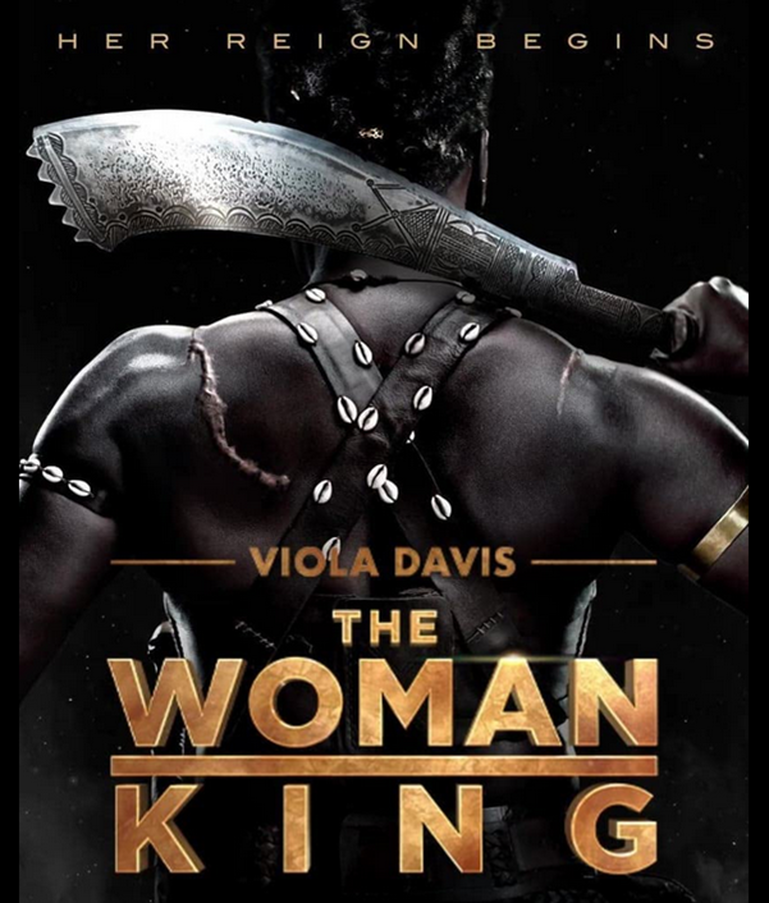
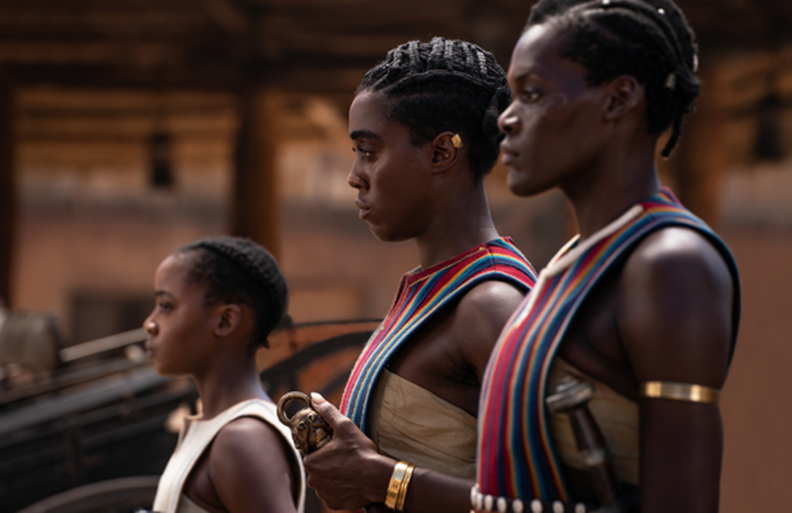
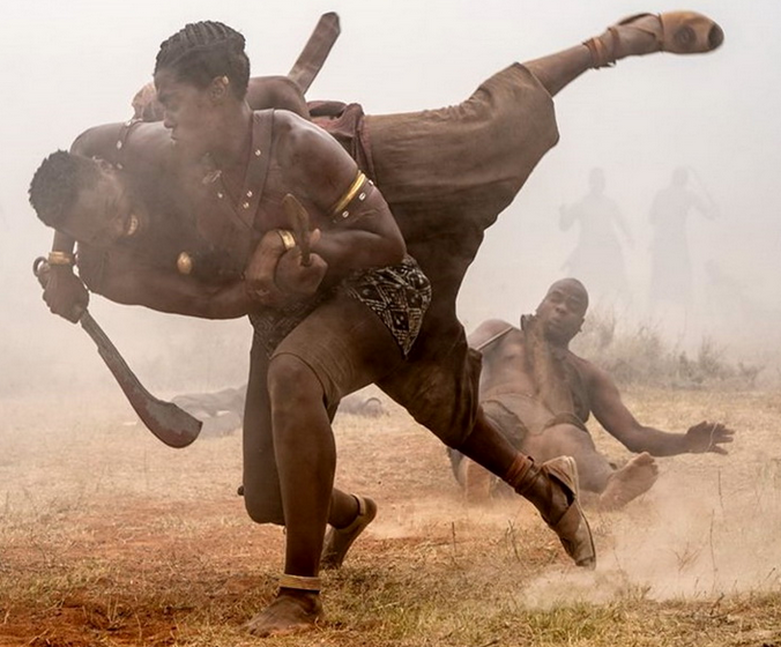
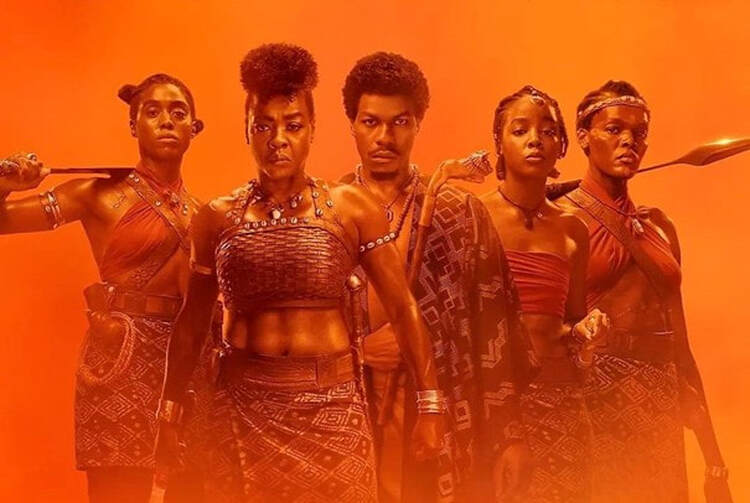
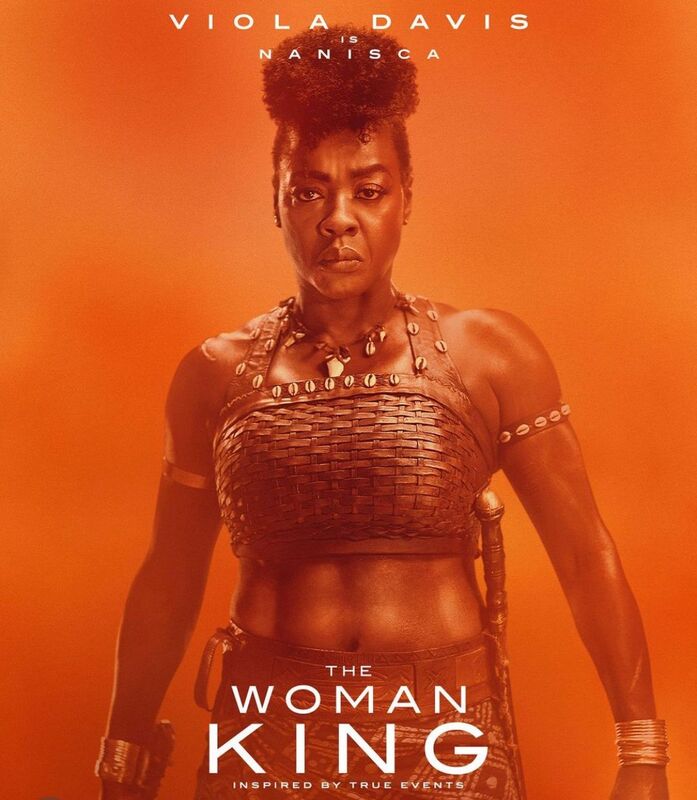
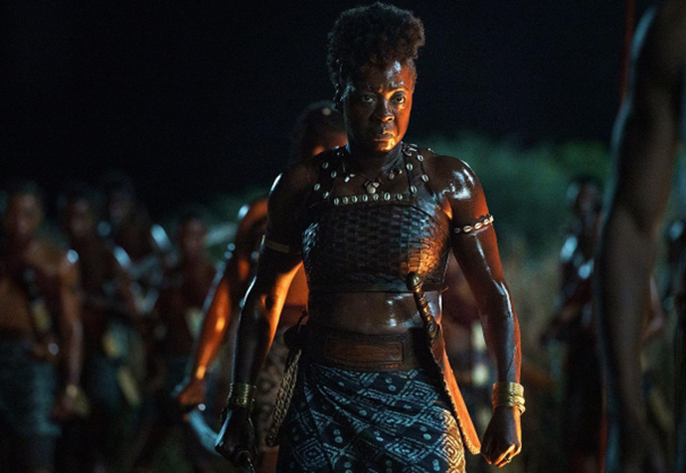
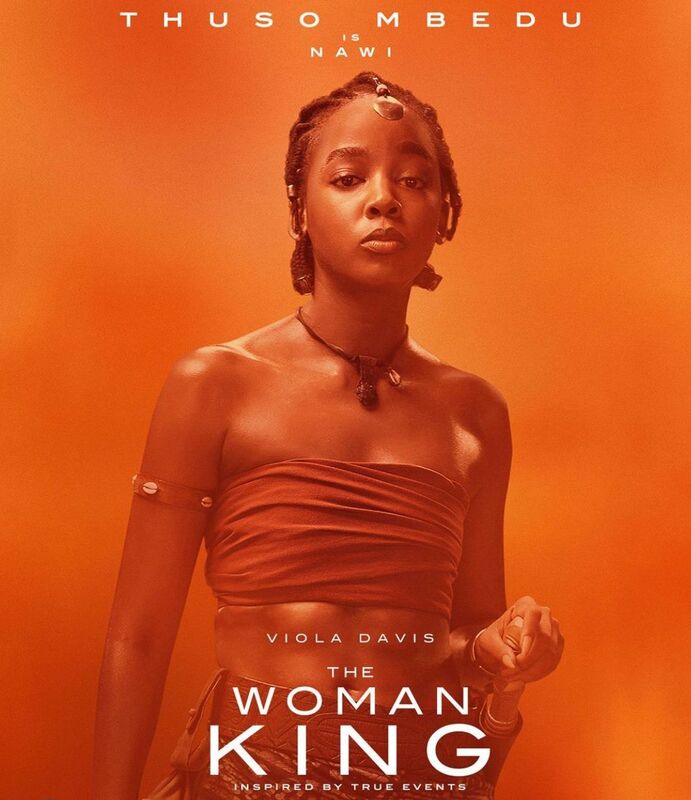
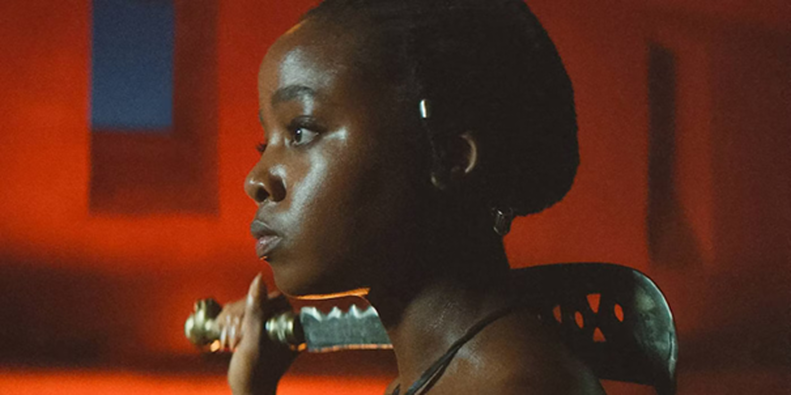
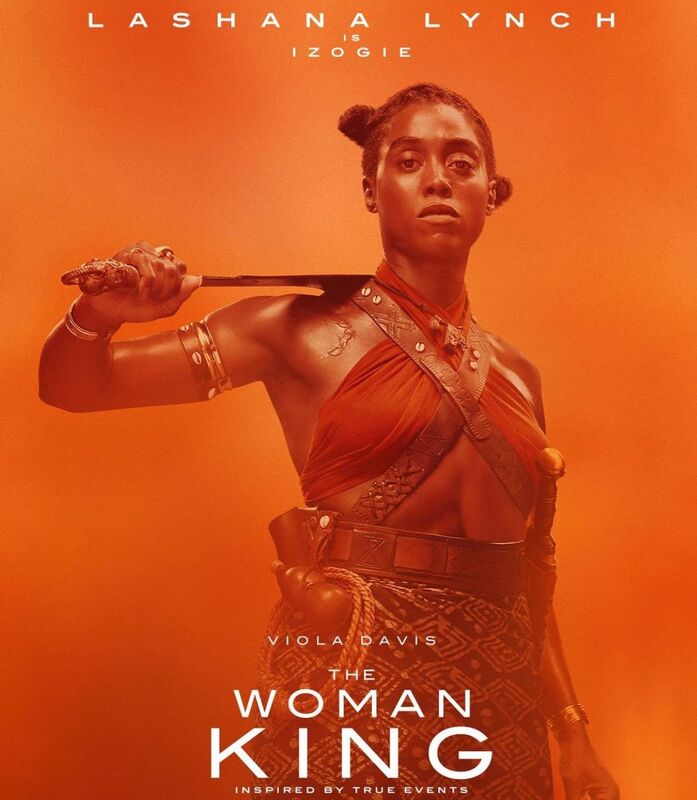
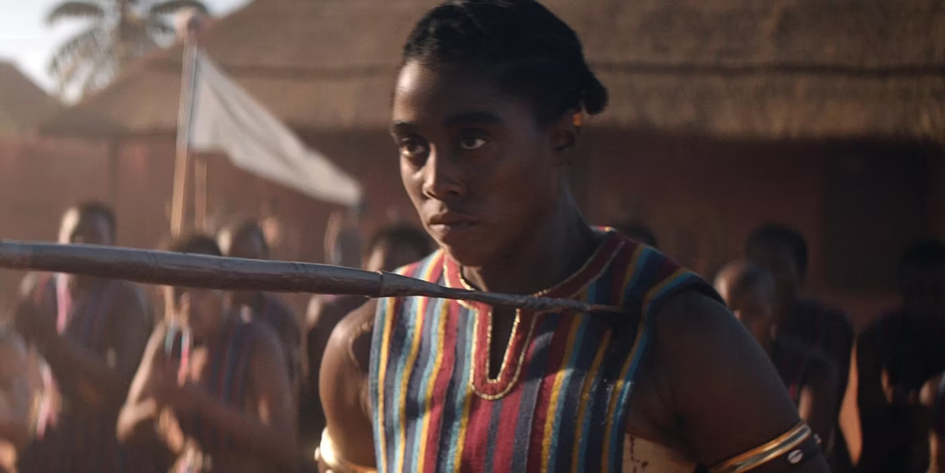
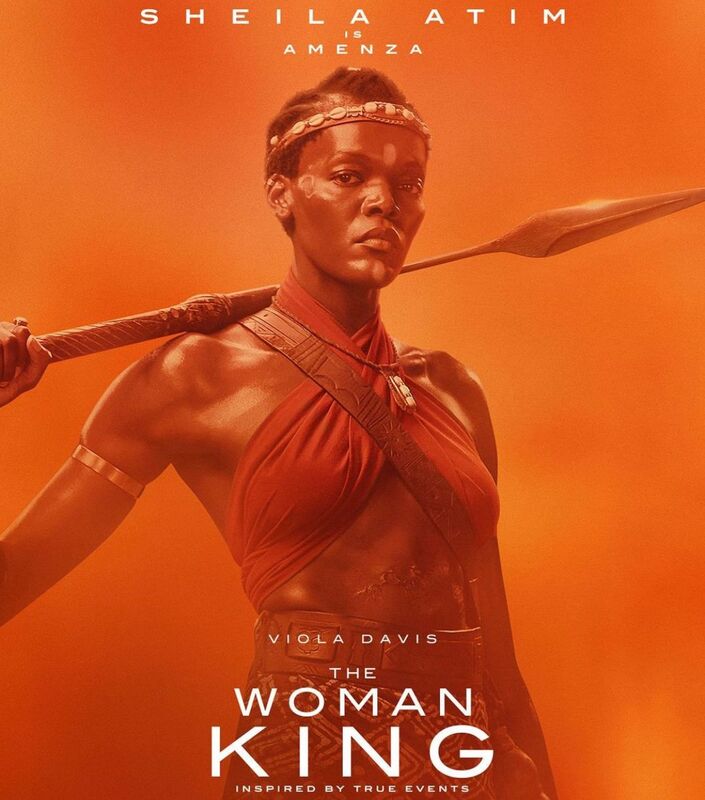
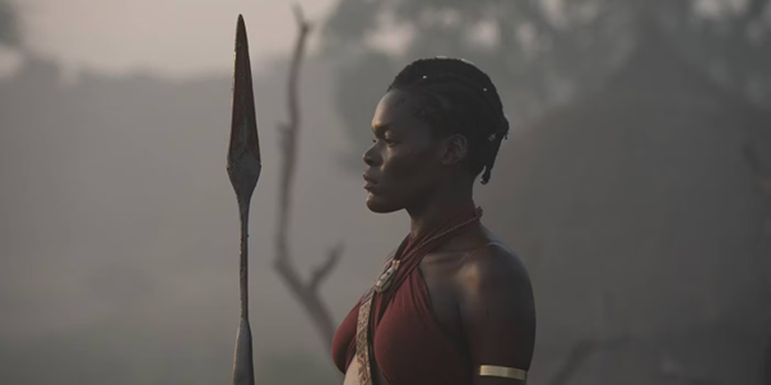
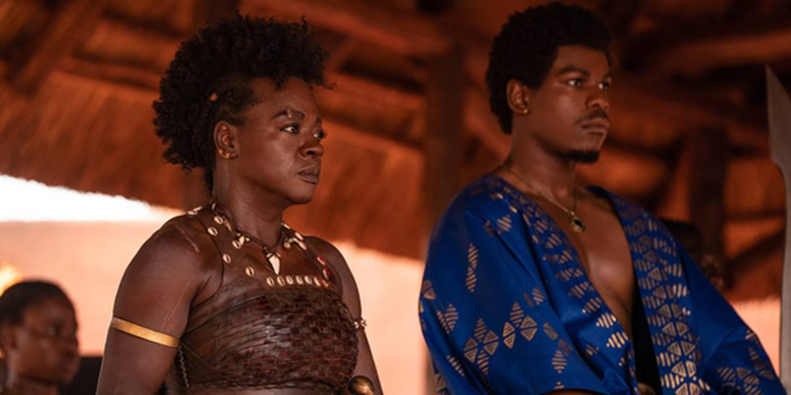
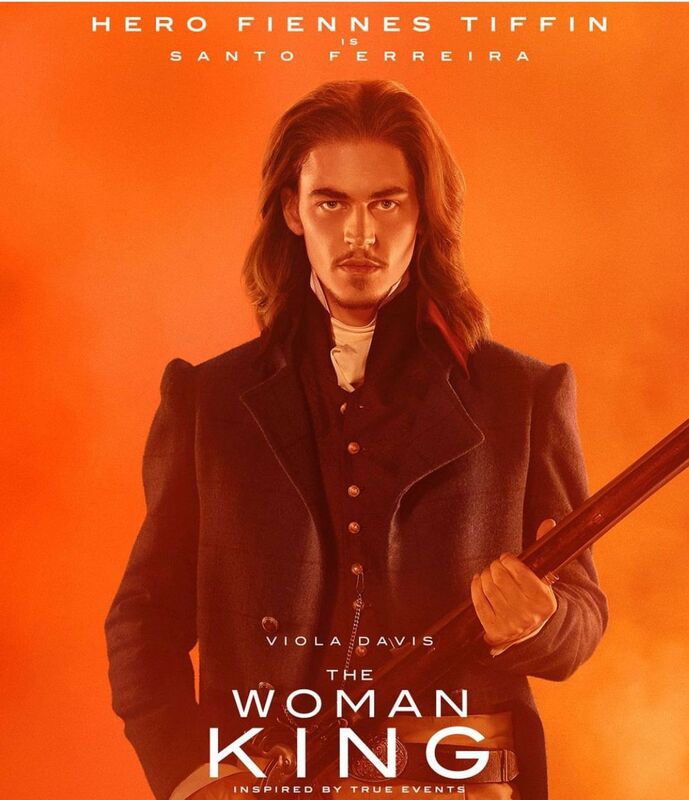
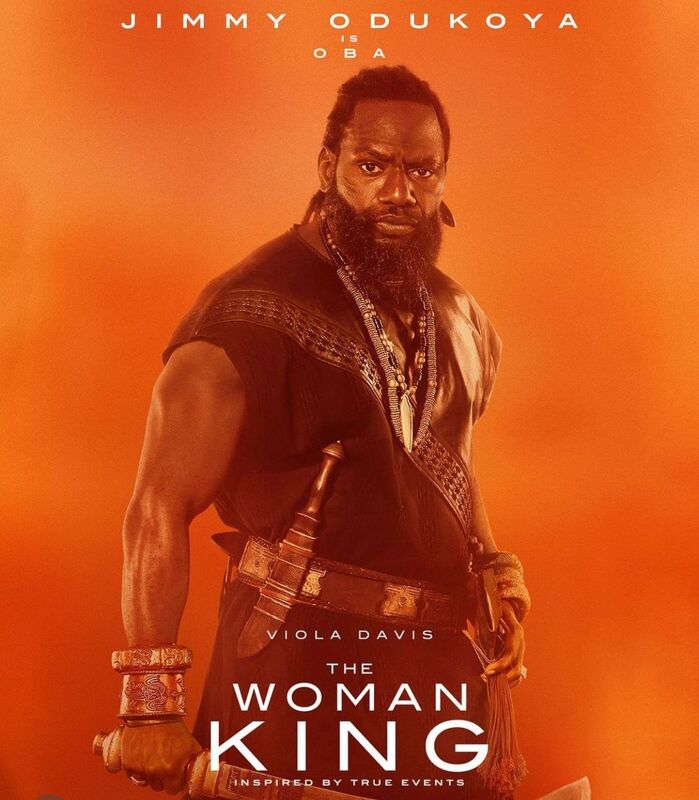
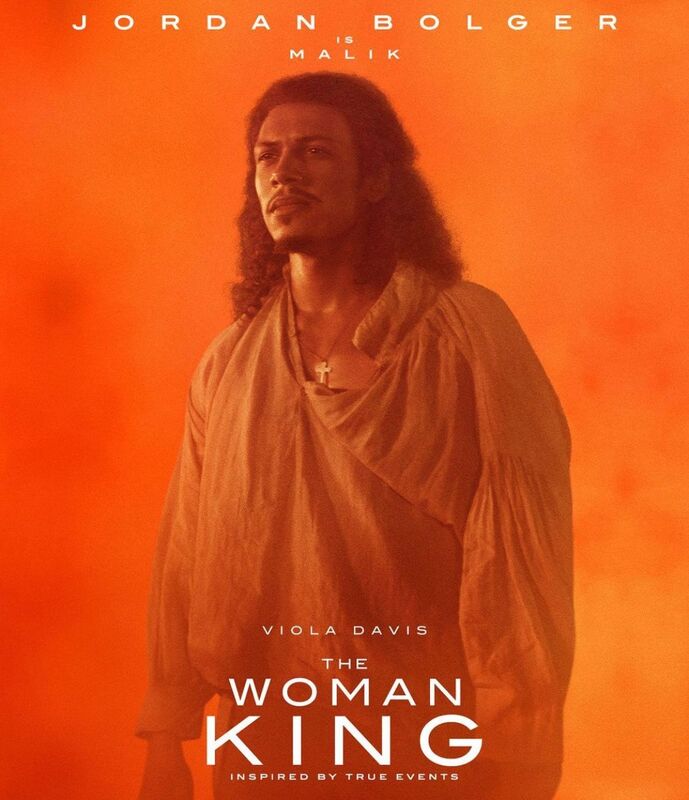
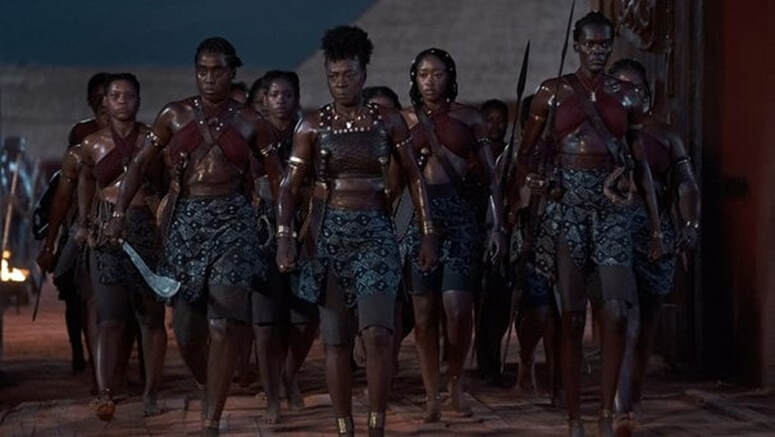
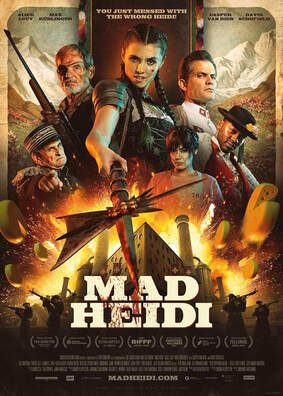

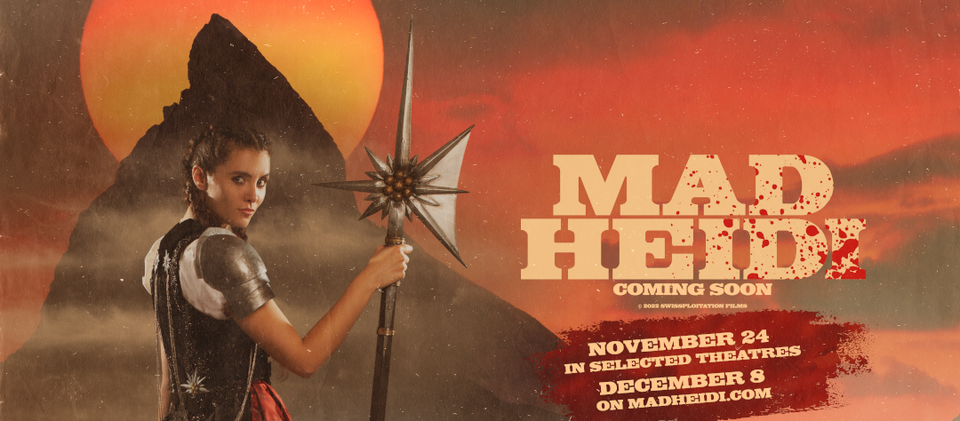
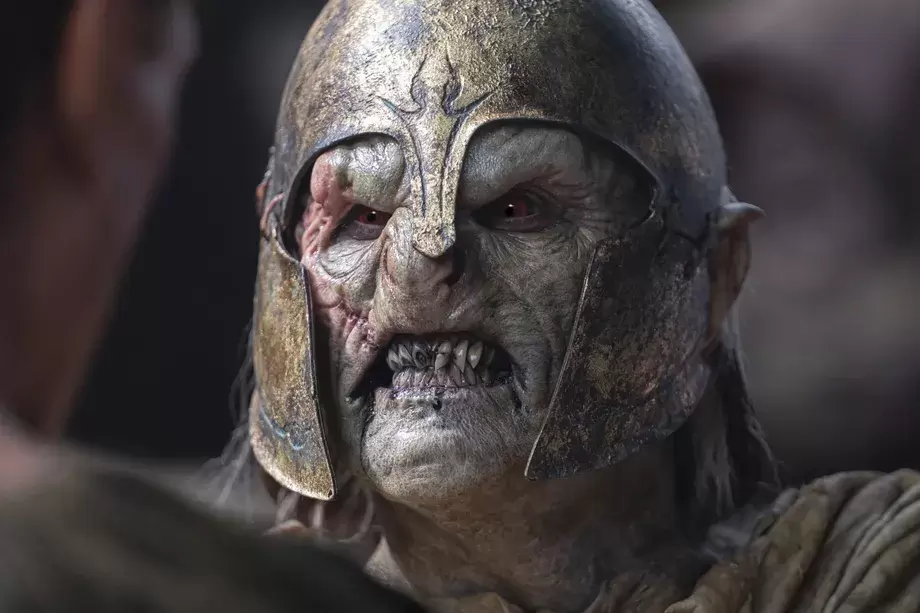
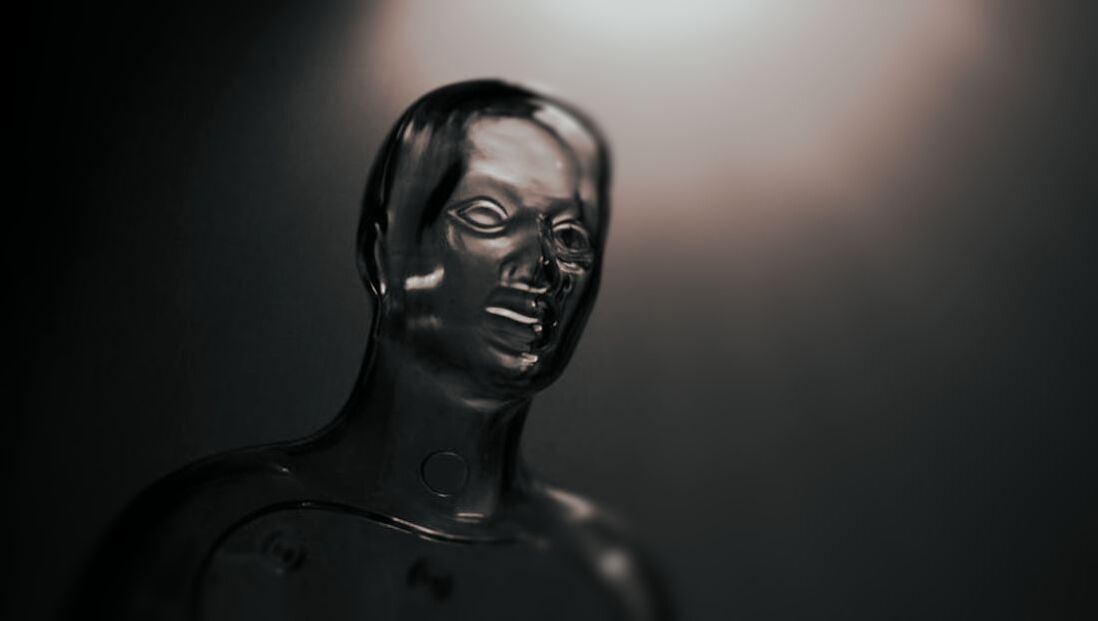
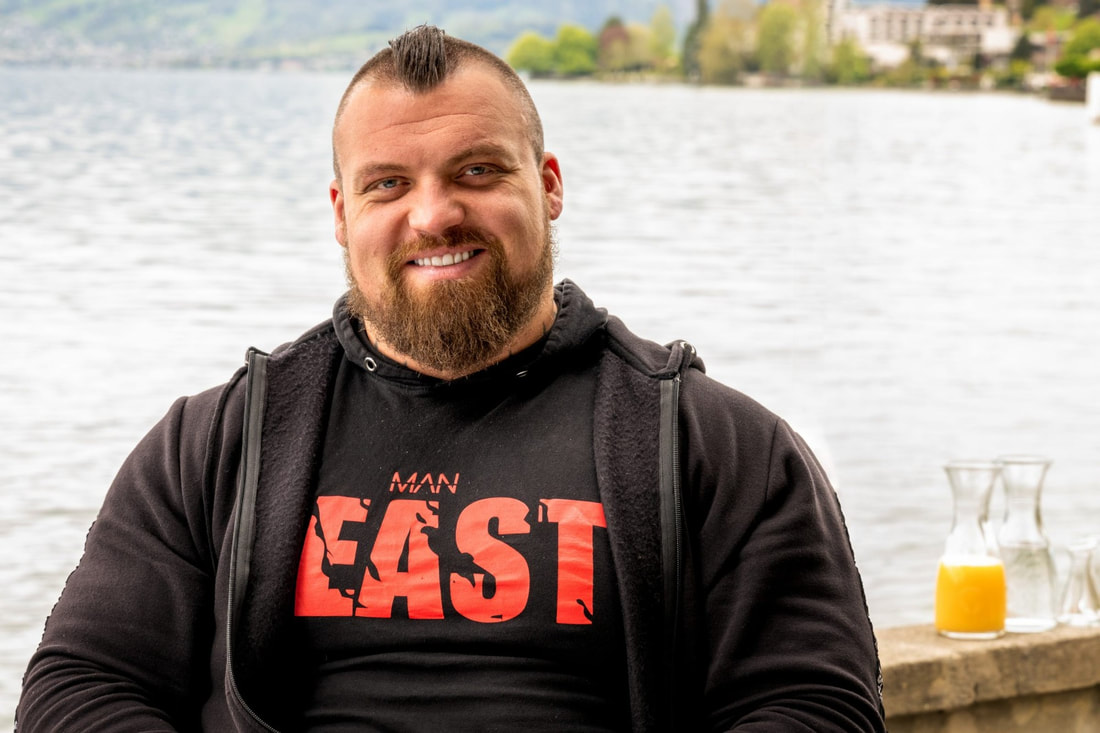
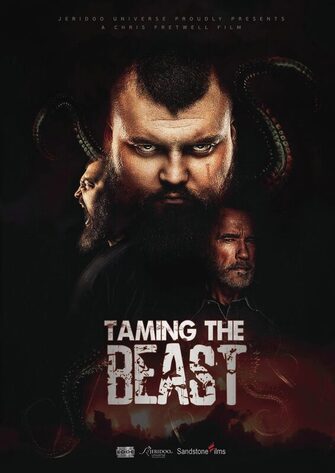

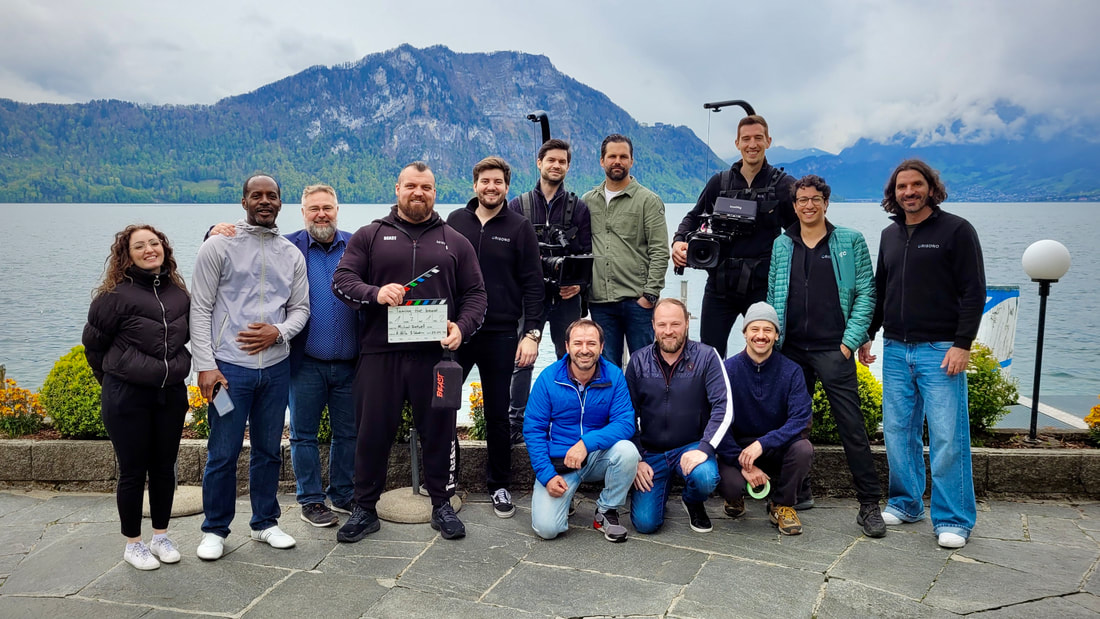
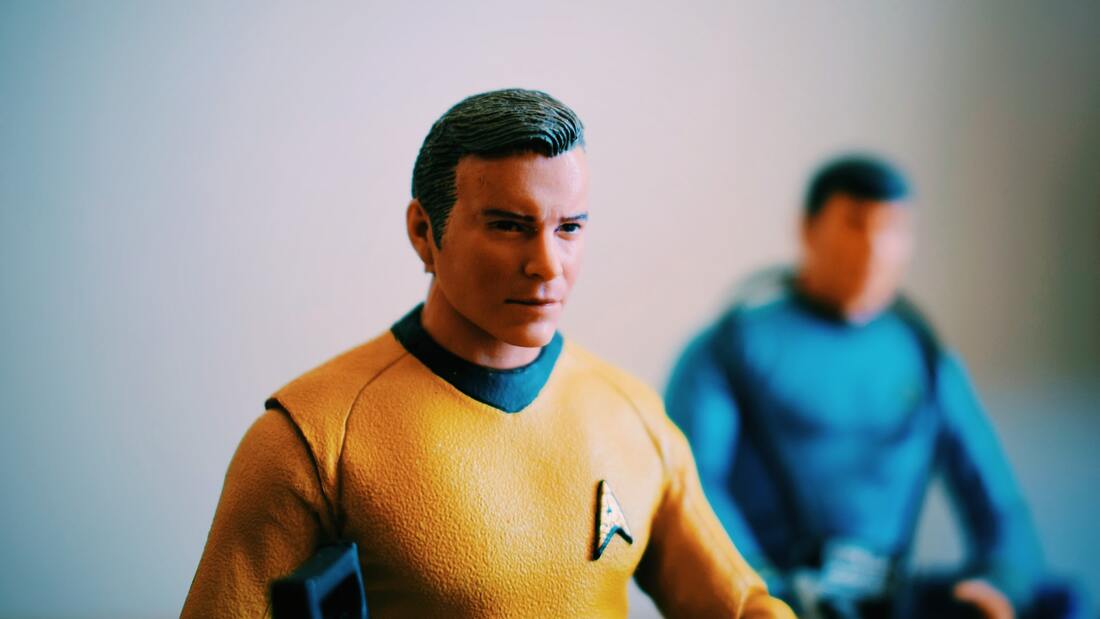
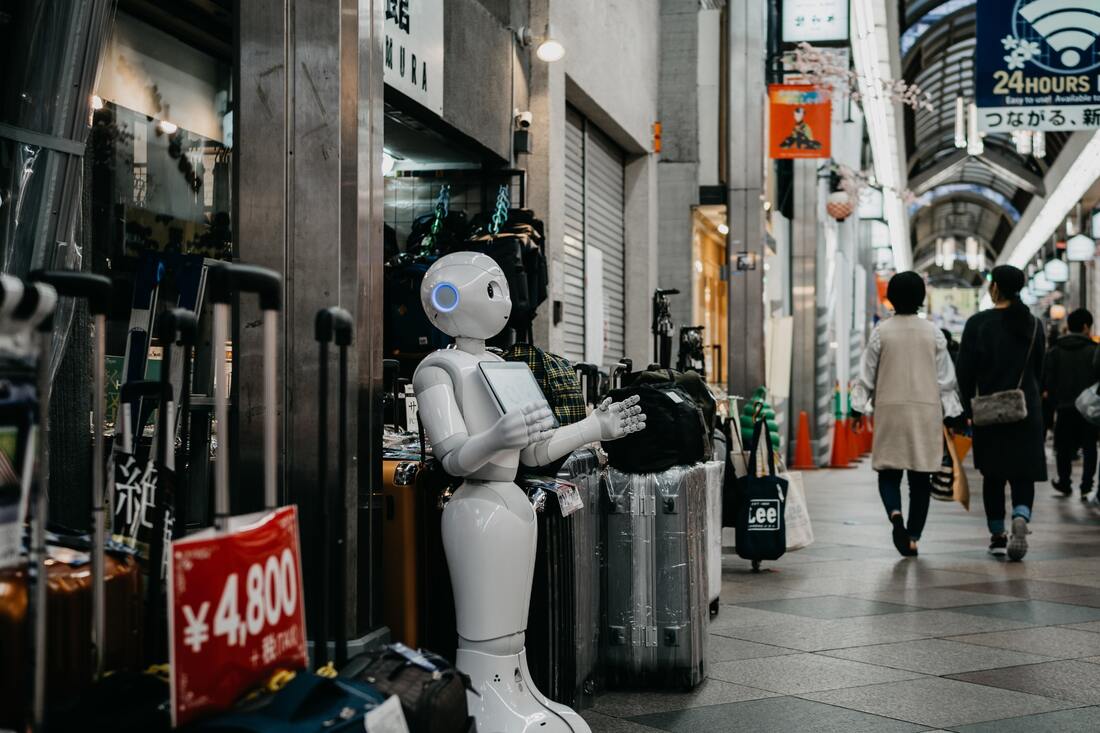


 RSS Feed
RSS Feed